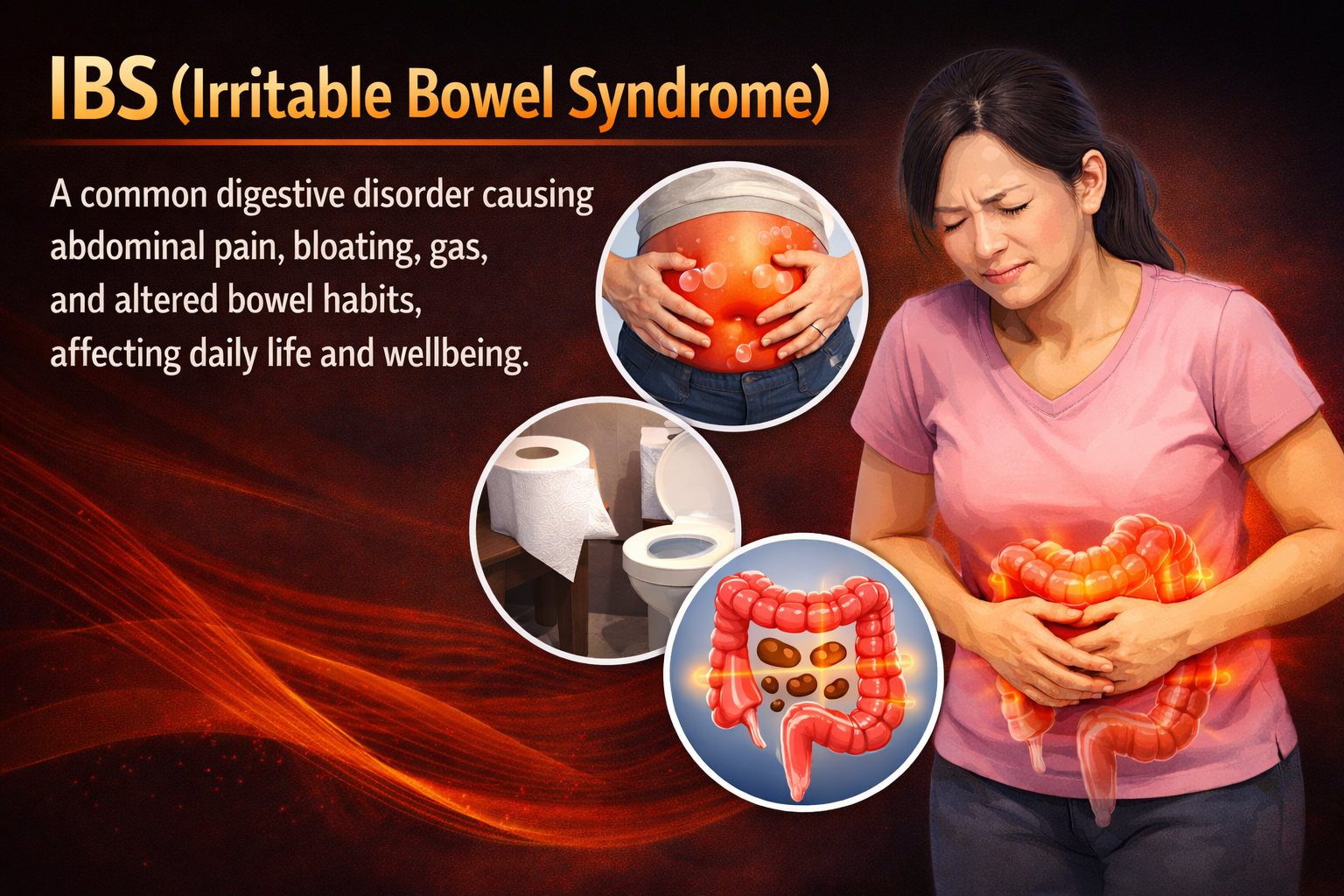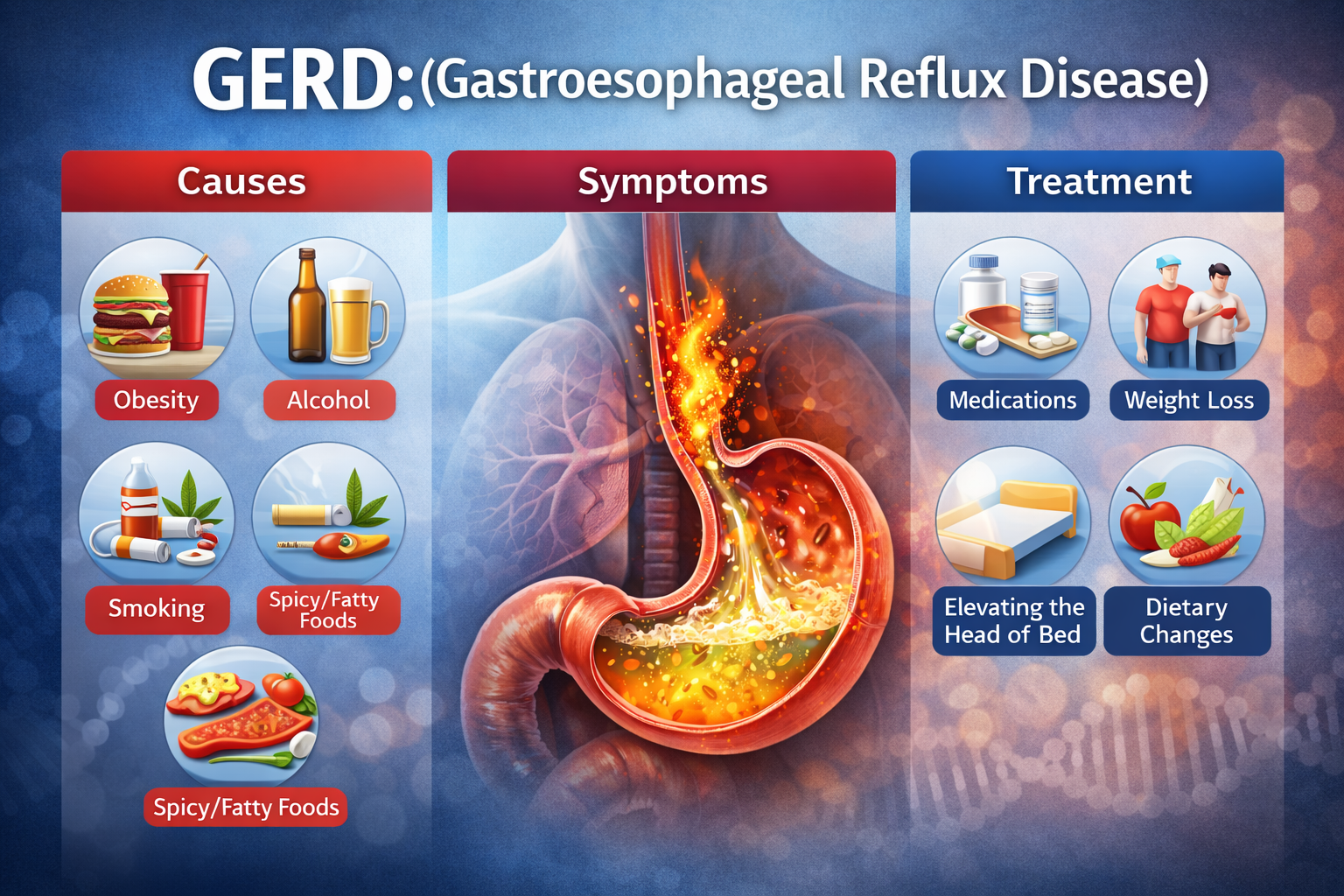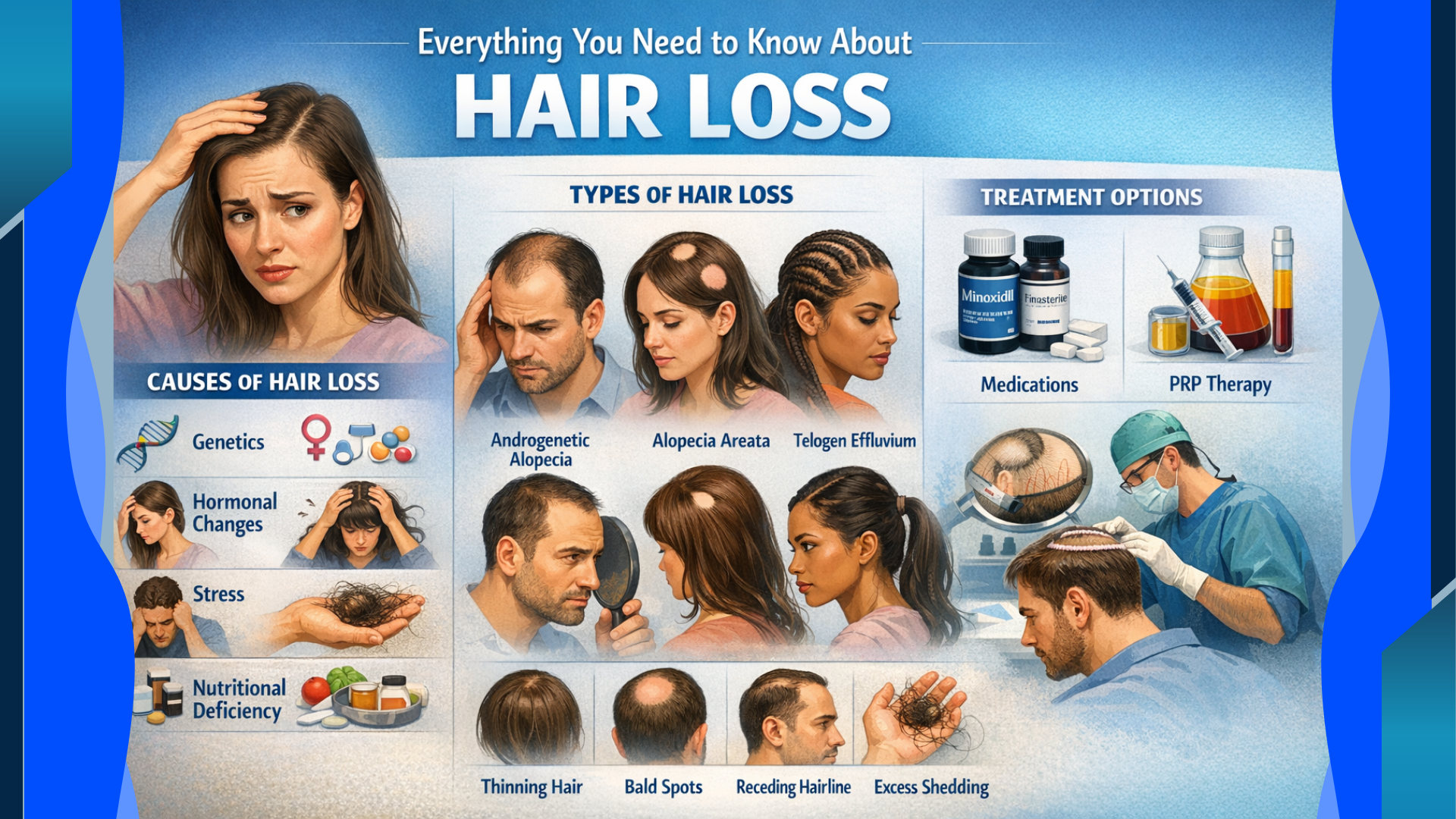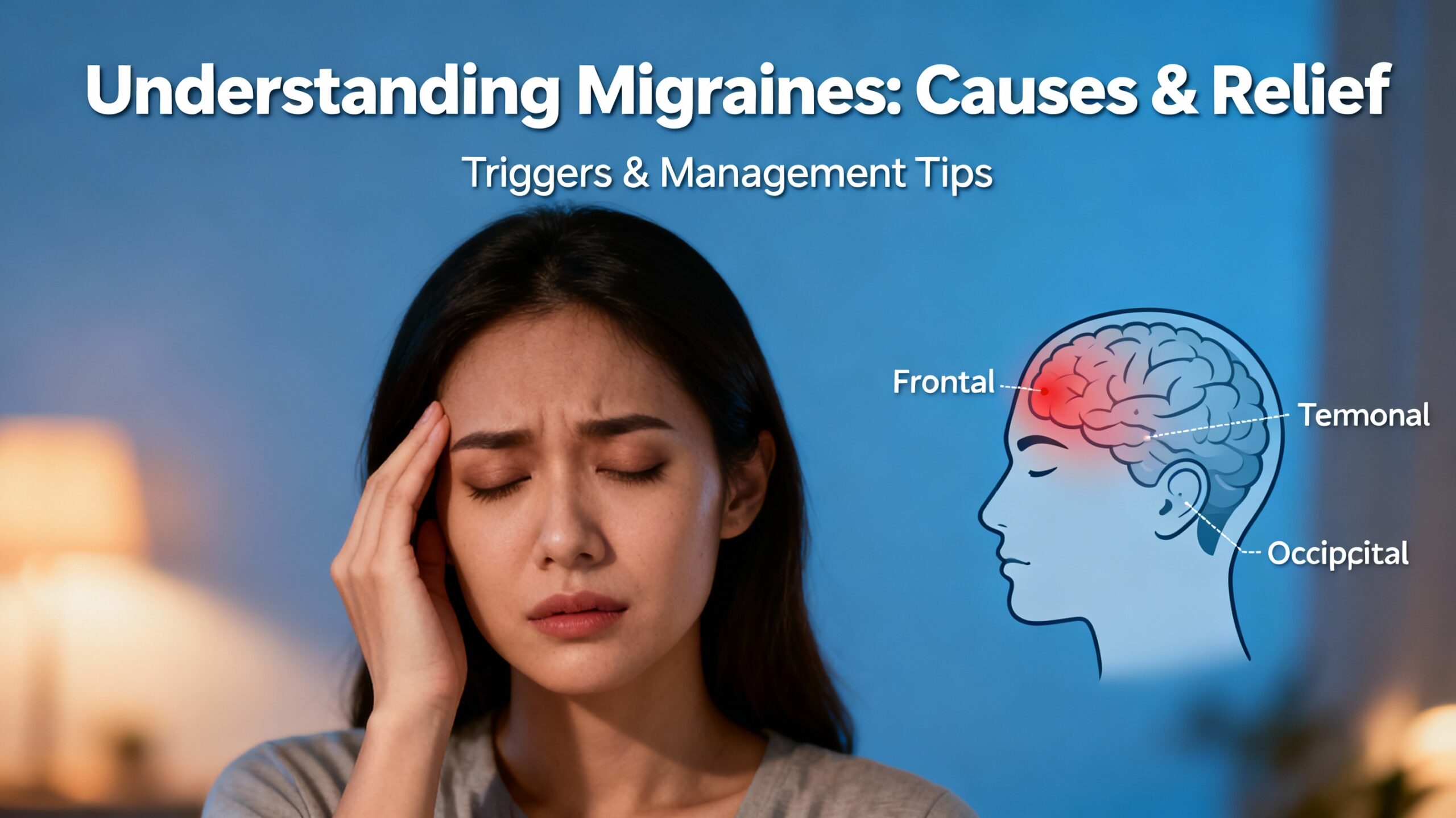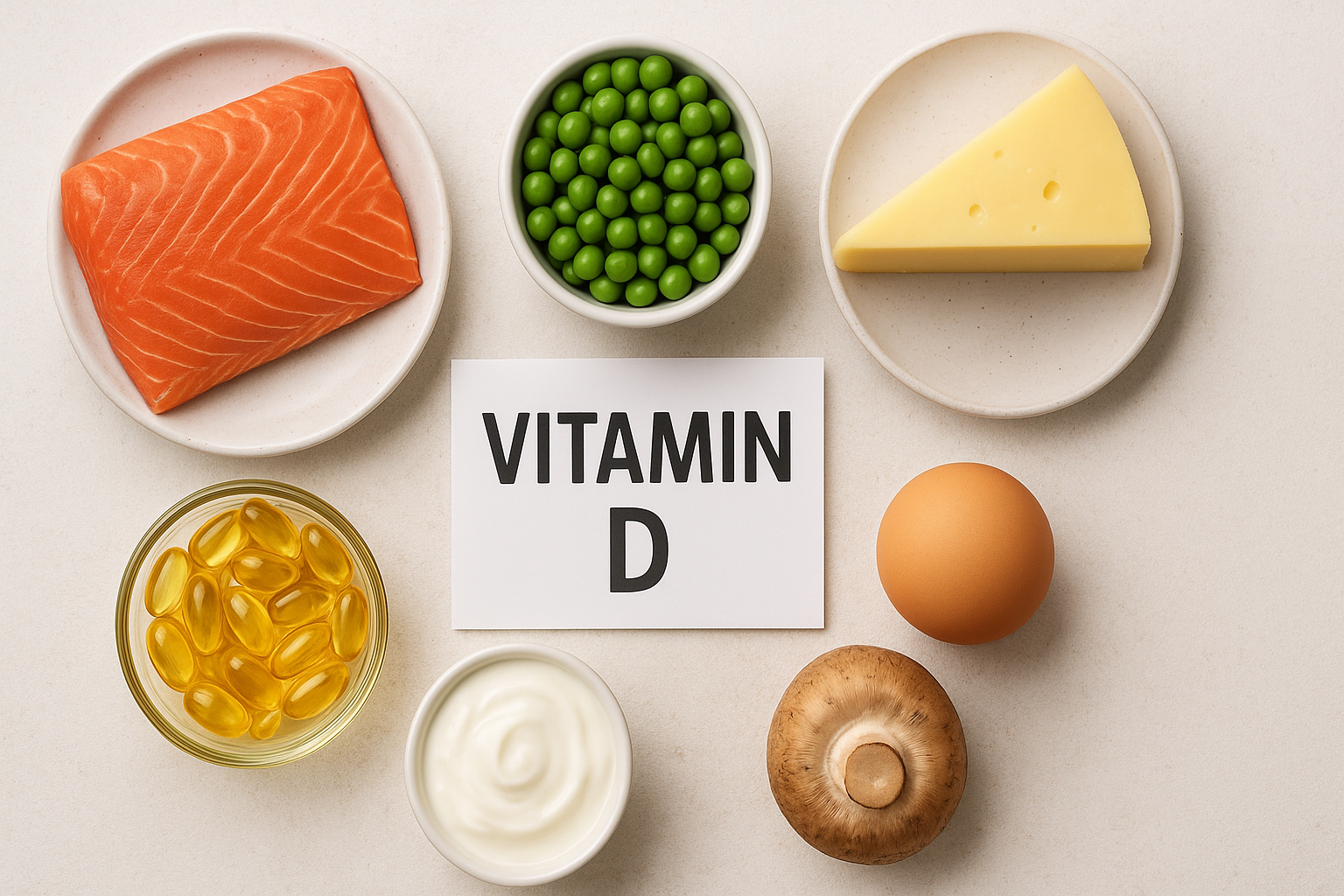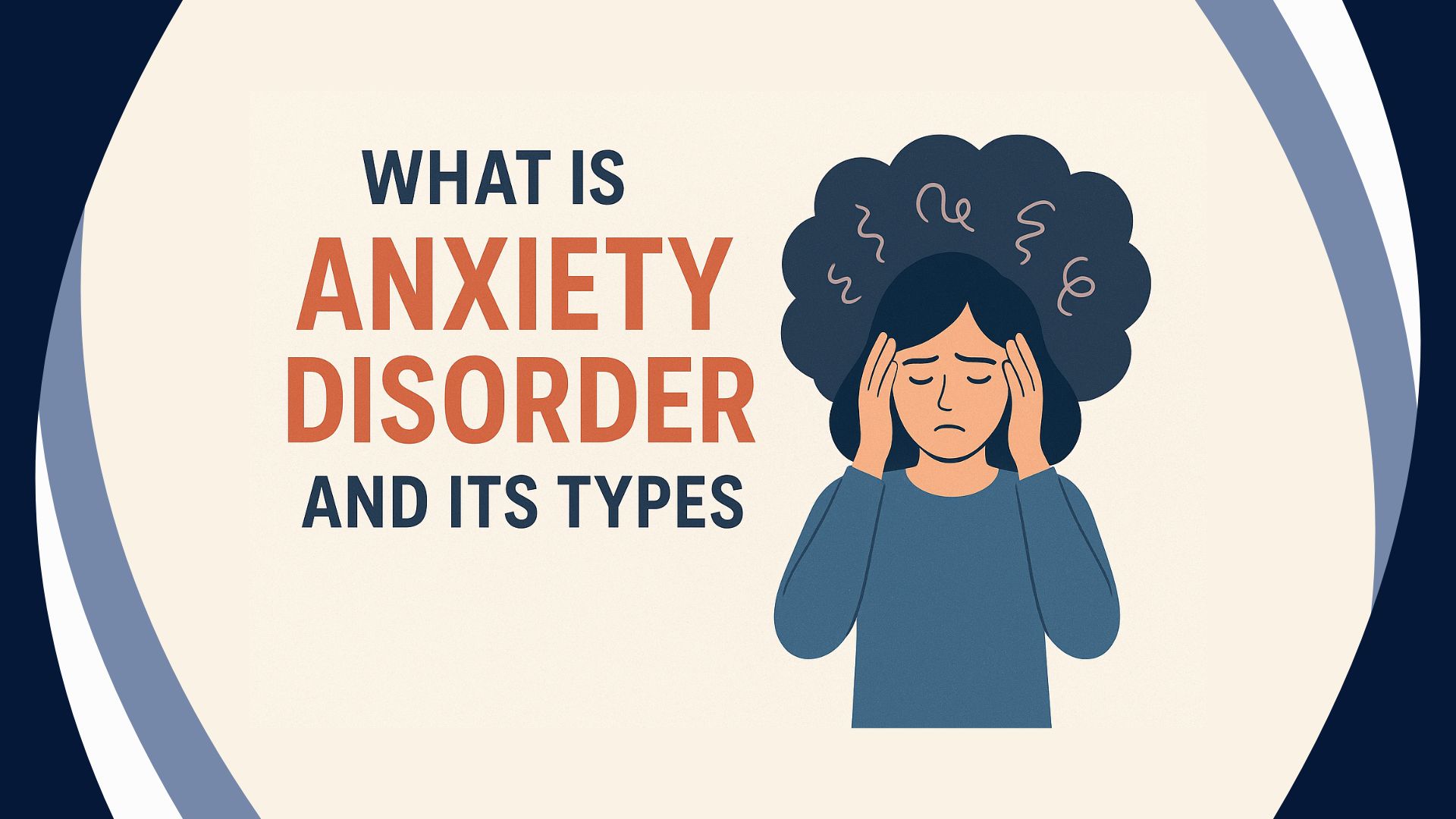Everything you need to know about Depression

Depression is a complicated mental health condition that can change the way of how person thinks, feels, and manage everyday life activities. It often involves unpleasant feelings of sadness, loss of interest in activities once enjoyed, changes in appetite or weight, sleep disturbances, fatigue, feelings of worthlessness or guilt, difficulty concentrating, and even thoughts of death or suicide.
Managing and overcoming depression typically involves a combination of approaches adjusted to the individual, but here are some general strategies that can involved to overcome from it :
Causes of Depression
- Biological Factors:
- Genetics: If depression runs in the family, it can make someone more likely to experience it too. Certain genes might play a part in raising this risk.
- Neurotransmitter Imbalances: Depression is frequently linked to brain chemicals like serotonin, norepinephrine, and dopamine. When these chemicals are out of balance, it can impact mood and emotions.
- Hormonal Changes: Hormonal shifts, especially in women during pregnancy, after childbirth, menopause, or with thyroid issues, can sometimes trigger depression.
- Chronic illness: Long-term health conditions like diabetes, cancer, heart disease, or chronic pain can add stress to the body and mind, sometimes leading to depression.
- Psychological Factors:
- Personality Traits: Certain traits, such as low self-esteem, high levels of self-criticism, or a pessimistic outlook, can increase vulnerability.
- Trauma and Stress: Experiences such as abuse, neglect, or significant life changes (e.g., divorce, job loss) can trigger or worsen depression.
- Cognitive Patterns: Negative thought patterns, including all-or-nothing thinking, can perpetuate feelings of hopelessness.
- Environmental Factors:
- Life Events: Stressful events, such as the death of a loved one, financial problems, or significant changes, can trigger depression.
- Substance Abuse: Alcohol or drug misuse can contribute to or exacerbate depressive symptoms.
- Isolation and Lack of Support: A lack of social connections and support systems can lead to feelings of loneliness and despair.
Treatment of Depression
- Psychotherapy:
- Cognitive Behavioral Therapy (CBT): Focuses on identifying and changing negative thought patterns and behaviors.
- Interpersonal Therapy (IPT): Addresses interpersonal issues and social functioning.
- Mindfulness-Based Therapies: Incorporates mindfulness practices to help individuals become more aware of their thoughts and feelings.
- Medication:
- Antidepressants: Doctors frequently prescribed various kinds of antidepressants, including SSRIs, SNRIs, and a typical antidepressants. These medications help manage the levels of certain brain chemicals that play a key role in mood and emotional well-being, aiming to improve how a person feels overall.
- Mood Stabilizers: Sometimes used in conjunction with antidepressants, especially in cases of bipolar disorder.
- Lifestyle Changes:
- Exercise: Regular physical activity has been shown to improve mood and reduce symptoms of depression.
- Diet: A balanced diet rich in omega-3 fatty acids, whole grains, and fruits and vegetables may help.
- Sleep Hygiene: A consistent sleep schedule and restful environment can improve sleep quality, which is frequently disrupted by depression.
- Alternative Treatments:
- Complementary Therapies: Techniques such as acupuncture, yoga, and meditation can provide relief for some individuals.
- Light Therapy: It is effective for seasonal affective disorder (SAD), involves exposure to bright light that simulates natural sunlight
- Support Groups:
- Participating in support groups can provide a sense of community and understanding from others who are experiencing similar challenges.
- hospitalisation:
- In severe cases, especially with self-harm or suicide risks, hospitalization may be essential for safety and intensive treatment.
How to overcome from Depression?
Seeking Professional Help: Consulting with a mental health professional , such as a psychologist or psychiatrist. They can provide a proper diagnosis, offer therapy (like cognitive-behavioural therapy), and discuss potential medication options if necessary.
Building a Support System: Connecting with supportive friends, family members, or support groups can provide emotional support as an assistance and practical help during tough times.
Physical Health: Engaging in regular physical activity, eating a balanced diet, and ensuring adequate sleep can significantly improve mood and energy levels.
Mindfulness and Relaxation Techniques: Practices like mindfulness meditation, yoga, or deep breathing exercises can help reduce stress and improve emotional recovery.
Setting Realistic Goals: Breaking tasks down into smaller, manageable steps and setting realistic goals can help you avoid feeling overwhelmed and increase your sense of achievement.
Limiting Negative Influences: Minimizing exposure to stressful situations or negative influences, such as toxic relationships or environments, can help in maintaining mental well-being.
Engaging in Enjoyable Activities: Pursuing hobbies or activities that bring joy and fulfilment can counteract feelings of hopelessness and isolation.
Educating Oneself: Learning about depression and its treatment options can empower individuals to actively participate in their own recovery and understand that they are not alone in their struggles.
Sticking to Treatment Plans: Consistently following through with therapy sessions, medication schedules (if prescribed), and lifestyle changes is essential for long-term management of depression.
Being Patient and Kind to Yourself: Recovery from depression takes time and setbacks may occur. Practicing self-compassion and avoiding self-criticism are crucial elements of the healing process.
It’s important to remember that each person’s experience with depression is unique, what helps one person might not be effective for someone else. Seeking professional guidance and finding a combination of strategies that fit your specific needs and circumstances is key to effectively managing and overcoming depression.
